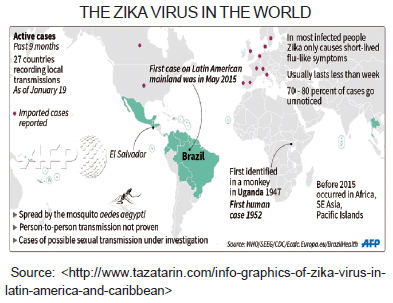Read the text again and answer question
What adjective, used in the text, conveys the same
meaning as ‘improbable’ in the sentence “[...] scientists
think the prospect of life is improbable.” (paragraph 4)?
Read the text again and answer question
What adjective, used in the text, conveys the same
meaning as ‘improbable’ in the sentence “[...] scientists
think the prospect of life is improbable.” (paragraph 4)?
A new planet in our neighborhood - how likely is life there?
By Don Lincoln, August 24, 2016

Scientists working at the European Southern Observatory (ESO), using the La Silla telescope, claim to have discovered the closest exoplanet to Earth. Exoplanet means planets orbiting stars other than the Sun. Most of them are huge planets orbiting very near their star. The newly discovered planet, which orbits Proxima Centauri, a star within the so-called “habitable zone”, has been named Proxima b.
Proxima Centauri is a red dwarf, which is the most common type of star in the galaxy. Red dwarfs are much smaller than our Sun, and are very dim. For instance, in the visible spectrum that we use to see, Proxima Centauri gives off 0.0056% as much light as the Sun.
So what about life? Are there any chances that an alien lizard might bask in Proxima Centauri’s light or try to find shade under an alien tree? Dr. Guillem Anglada-Escudé, co-author of the research from London University, believes that “there is a reasonable expectation that this planet might be able to host life”
But this belief is not consensual as other scientists think the prospect of life is improbable. Although the temperature of the planet is thought to be such that liquid water could exist, it is unlikely that Proxima b is habitable, as the planet is subject to stellar wind pressures of more than 2000 times those experienced by Earth from the solar wind. These winds would likely blow any atmosphere away, leaving the undersurface as the only vaguely habitable location on that planet. You shouldn’t imagine, thus, a lush and verdant world, with lovely blue waters, sandy beaches and green plants.
So, what’s the bottom line? First, the discovery is extremely exciting. The existence of a nearby planet in the habitable zone will perhaps increase the interest in efforts like Project Starshot, which aims to send microprobes (instruments that apply a stable and wellfocused beam of charged particles -electrons or ions- to a sample) to Proxima Centauri. On the other hand, Proxima b is unlikely to be a haven for people trying to escape the ecological issues of Earth, so we should not view this discovery as a way to ignore our own ecosystem.
Adapted from: < http://edition.cnn.com/2016/08/24/opinions/nearbyplanet-opinion-lincoln/> Access Oct. 2016.
Glossário:
claim: afirmar; dwarf: anão; dim: opaco; give off: emitir;
lizard: lagarto; bask: aquecer-se; belief: crença; wind:
vento; undersurface: camada inferior; lush: viçoso;
bottom line: aspecto fundamental; aim: visar/ter por
objetivo; sample: amostra; haven: refúgio.



